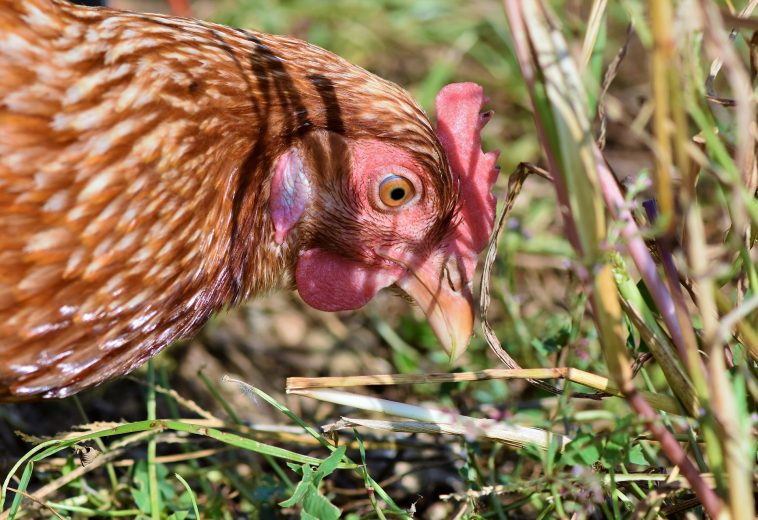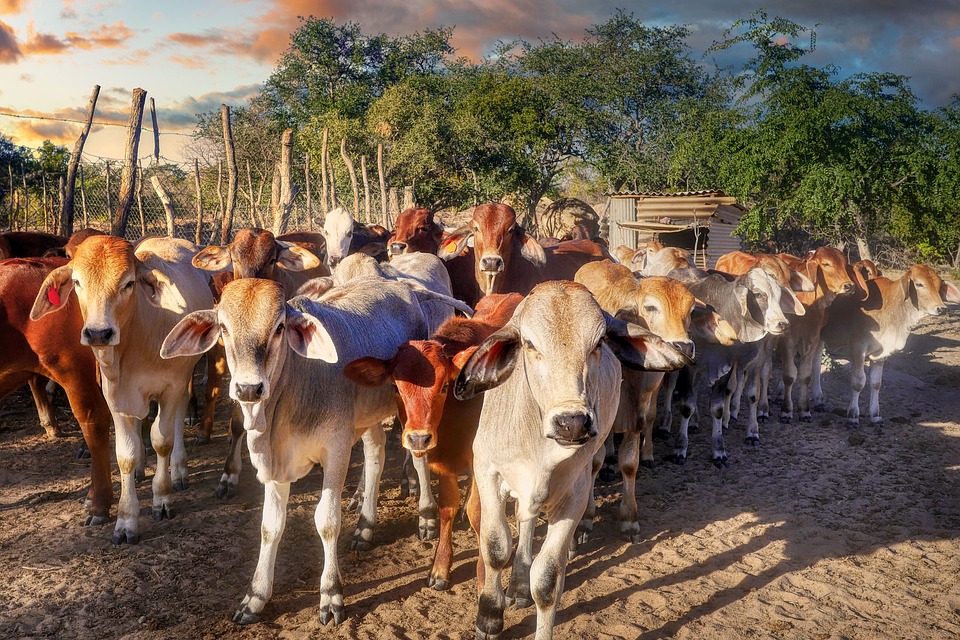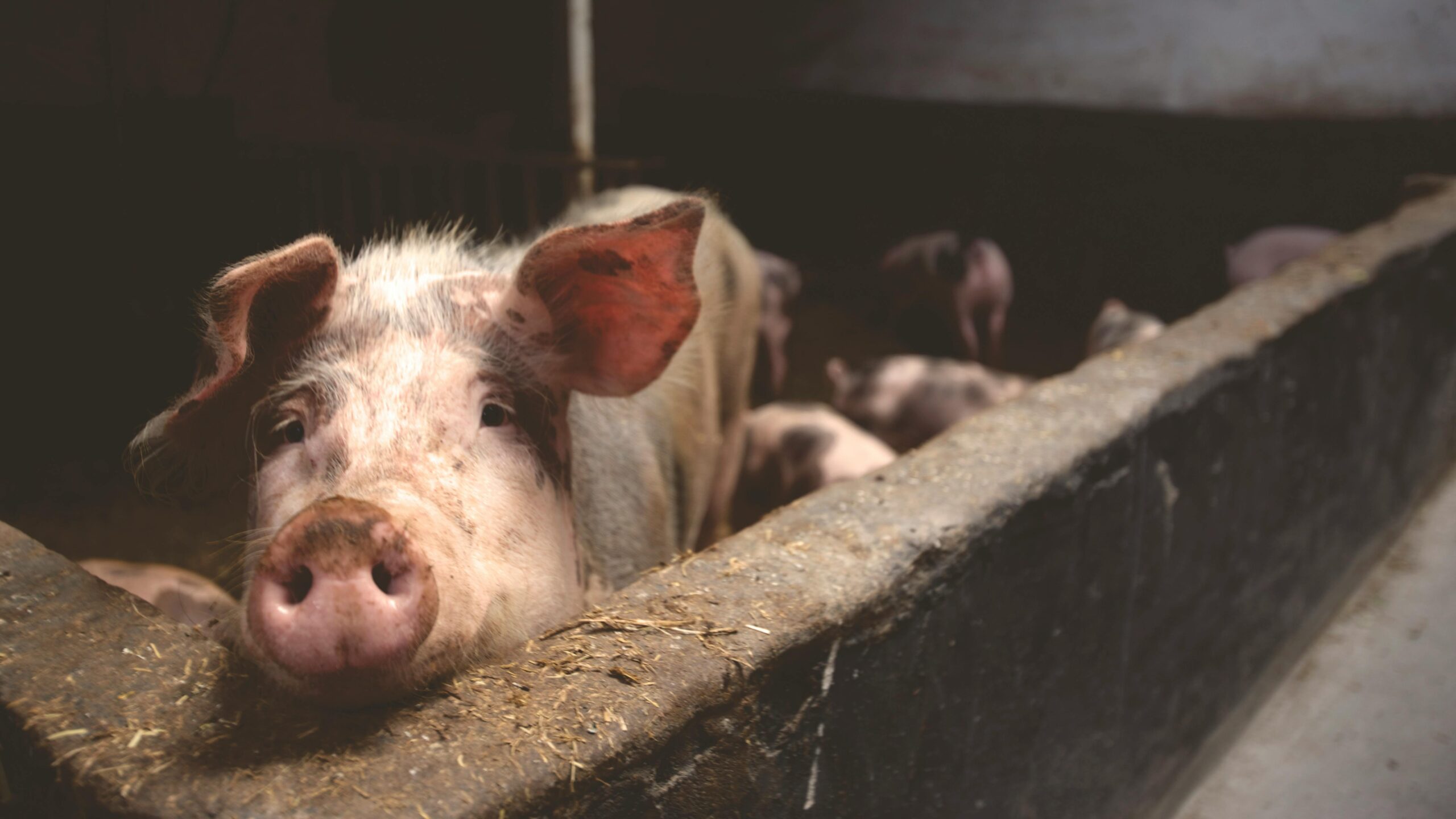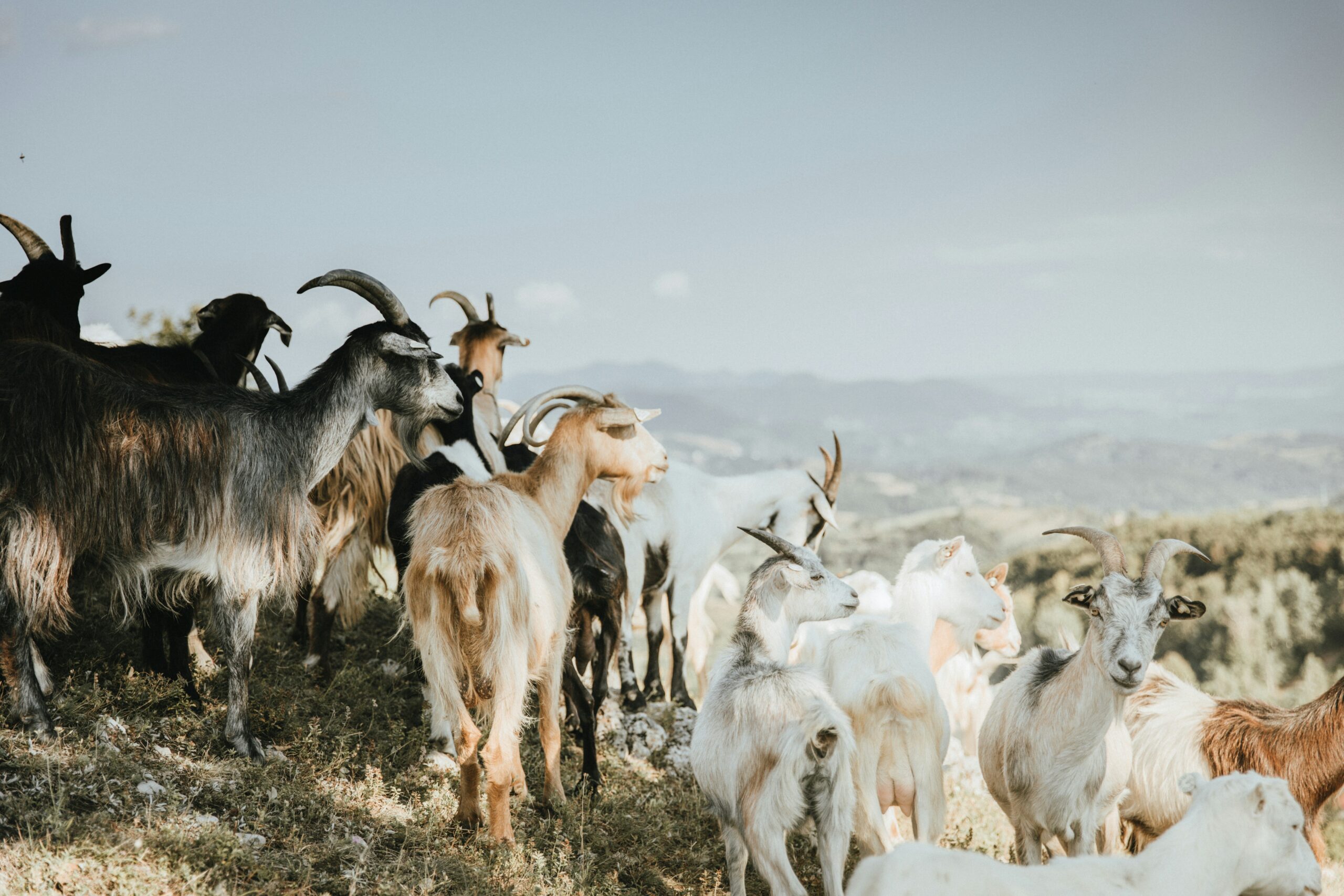Chickens will be a valuable and profitable addition to your existing smallscale farming, but you need a proper plan to ensure that it is sustainable. That means you do not want to spend money on chickens, henhouses and feed and then lose it all, because you run out of money due to poor planning. Here are twelve factors to consider when you are interested in starting poultry farming:
Time
You must keep in mind that farming poultry is a fulltime job. You will have to be present all the time to make sure the chickens are well cared for by doing the necessary, ongoing tasks.
Once you buy day-old chicks, it is your responsibility to keep the brooder clean and warm, give them fresh, clean water and ensure that they have enough to eat. It may also be necessary to help weak chicks to eat and drink. Expect to get up at night to make sure they are warm in case the heating system has stopped working.
Even when the chickens are bigger, you still must take special care of the broilers and layers. You must ensure they have enough water and feed, keep their houses clean, and keep rodents, predators, and thieves away from them.

Broilers raised for meat and layers kept for eggs each need specialised feed. (Source: William Moreland, unsplash.com)
Space
You need a suitable space in your yard to keep chickens. You need a safe place to put the brooder for the chicks, as well as enough space to put up housing for broilers meant to be slaughtered in 42 days’ time, and layers that will provide you with eggs for at least a year. You will also need a sturdy, lockable room for storing feed, medicine, cleaning materials, and clean clothing and shoes.
Water
You need a constant supply of fresh, clean water for your chickens to drink, and to properly sanitise the broiler house after every cycle, and the layer house once a year before you replace the layers.
It is best not to use water from a nearby stream, as it may contain toxins from the environment, such as animal dung or fertiliser from nearby farming lands.
Instead, water that is fit for human consumption must be used. If you do not have a reliable supply, you can put up a plastic water tank that can be filled with rainwater.

Meat or eggs
You must decide whether you want to sell chickens for meat, or to keep hens to lay eggs, which you can sell. Each type has specific requirements, such as housing and feed, nests, and space to move around.
What type of hens will you need, and where will you buy them? Indigenous chickens that are adapted to the conditions may be the best bet, but you must find out where you can get them from.
If you do not want to raise day-old chicks, you must find a supplier for broilers that are already a few weeks old, or hens that are almost ready to start laying eggs.
You need to find out if the supplier is reliable, and if he is willing to deliver if you cannot fetch them yourself.

Some farmers prefer to keep layer hens that will produce eggs for selling and own use. (Source: Pixabay)
Building materials and equipment
You must find out if there is a retailer where you can buy building material, such as timber, chicken wire and corrugated iron for the hen houses. Will you be able to construct these yourself, or will you need someone to build them for you?
What natural materials are available, such as wooden poles and thatch that you can use to construct chicken houses?
Where will you buy equipment, such as water and feed containers, as well as lighting and heating equipment?
Where will you buy suitable feed for all the various stages of growth? Chickens, broilers, and layers all need different feed at the various stages of their lives.
Electricity, gas, or paraffin
You will need to use some sort of energy to provide warmth and lighting during the first two weeks of your day old chickens. Thereafter, you will need some method to regulate the temperature and ventilation inside the brooder and hen houses.

Safety and security
You need to put up a fence around the perimeter of your property to keep out animals and thieves. This will be in addition to the different housing units of your chickens. In the case of layers, you may want to allow them to roam outside during the day to find additional food such as insects and plant material.

Hens need a safe place to sleep at night. (Source: Pixabay)
Markets
You must find out if people would want to buy your chickens and/or eggs. Will they prefer to buy live chickens, or will they prefer slaughtered chickens? In case of the latter, you will need to slaughter them yourself or find an abattoir that will do so at a cost.
Find out if there is a market for eggs, and how many would they buy at a time? Perhaps there is a shop or a bakery that would like to buy your eggs, either to use it, or to sell it to customers. Either way, you will have to package them carefully and transport them to the client.

You will have to take good care of your day-old chicks, as they are very vulnerable. (Source: Pixabay)
Transport
If you must travel to a village to buy building materials and feed, or take the broilers or eggs to market, you will need reliable transport. Do you have your own transport, or will you have to make use of public transport? This can be expensive and is not always very reliable. It will also cost you more, which will take some of your profit.
Veterinarian or health services
Is there a veterinarian or an extension officer from the agriculture department available that can identify diseases, such as Newcastle Disease and Avian Influenza and give you advice?
Where will you find the necessary vaccines, medicines, and sanitising products?
How will you receive biosecurity updates of outbreaks and measures to keep your chickens safe from contamination from other birds and visiting people?

Chickens can form part of your backyard farming. (Source: Pixabay)
Records and bookkeeping
It is important to keep record of the number of chickens you buy and how many die, because some losses can be expected. You will also have to do basic bookkeeping to know whether you are making a profit or a loss.
The first step towards knowing whether you will be successful is to work out a budget to calculate the costs of everything you will need to get started, what expenses there will be, and what your profits may be.

Day-old chicks need to be bought from a reliable supplier. (Source: Pixabay)
Funding
Will you have enough money to start your own poultry farming with all the costs involved? Where will you borrow money, and if you do, at what interest rate will it be and how soon will you be expected to pay back the loan?
Are there family members or other members in the community that also want to get involved, so that you could perhaps start a co-operation to share the costs of, for instance, bulk delivery of food at a special price?
If you have a good plan and a budget, you may be able to get funding from your government, because most governments are willing to help small-scale farmers to set up poultry farms. All these aspects need to be calculated.

Every five layer hens will need a nest in a private, preferably dark place. (Source: Pixabay)
In the next issue, we shall provide more information on how to budget for all your expenses so that you can see in advance if you can make a profit.
References
Cilliers, F. (2001) Small-scale broiler house combined. Agricultural Research Council Family poultry training course. Trainee’s Manual. SA Poultry http://www.sapoultry.co.za/pdf-training/Trainees-manual-poultry-course.pdf
Poultry Management Guide. (2009) Arbor Acres https://eu.aviagen.com/assets/Tech_Center/AA_Broiler/AA-BroilerHandbook2018-EN.pdf










Paul